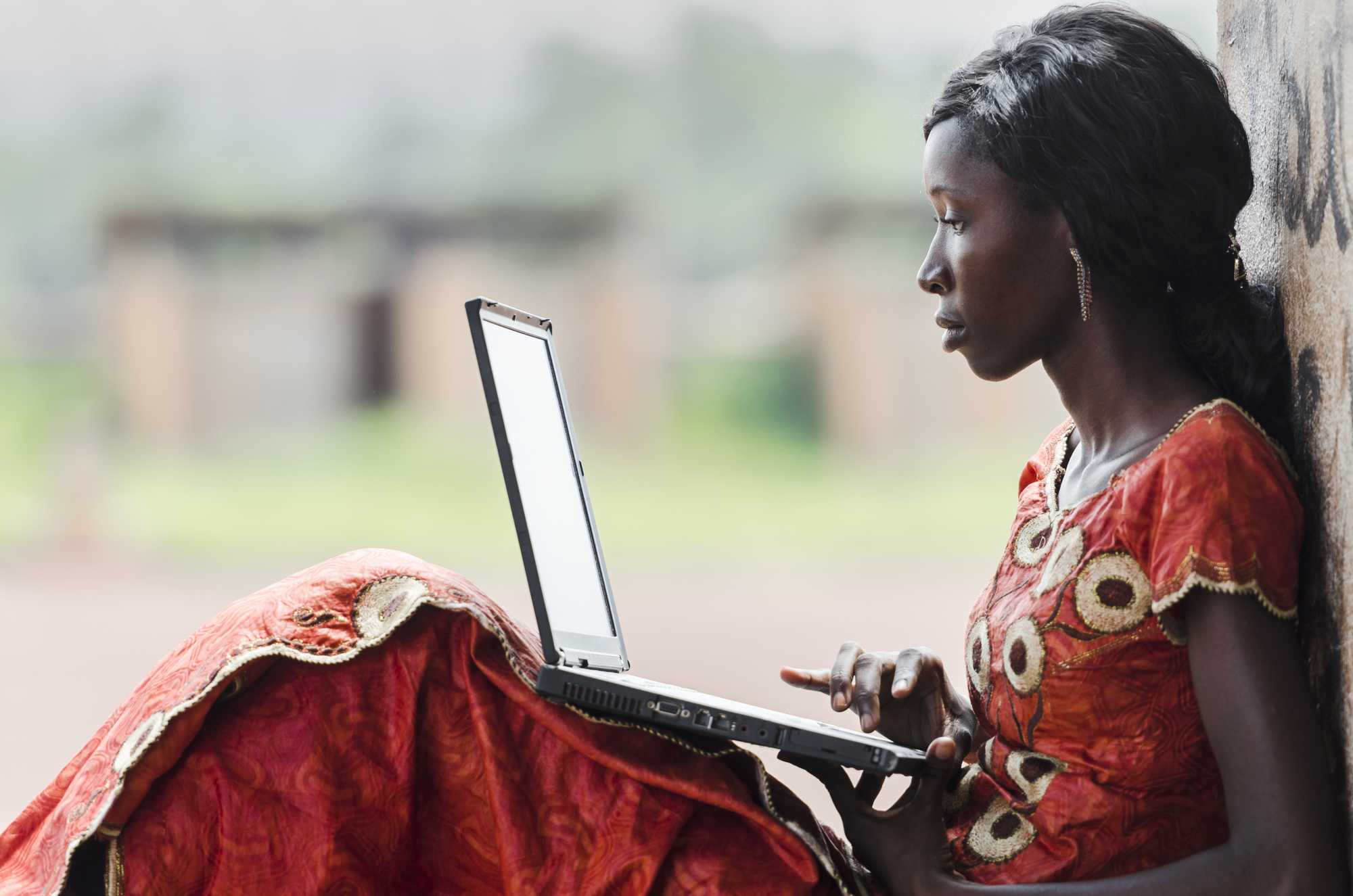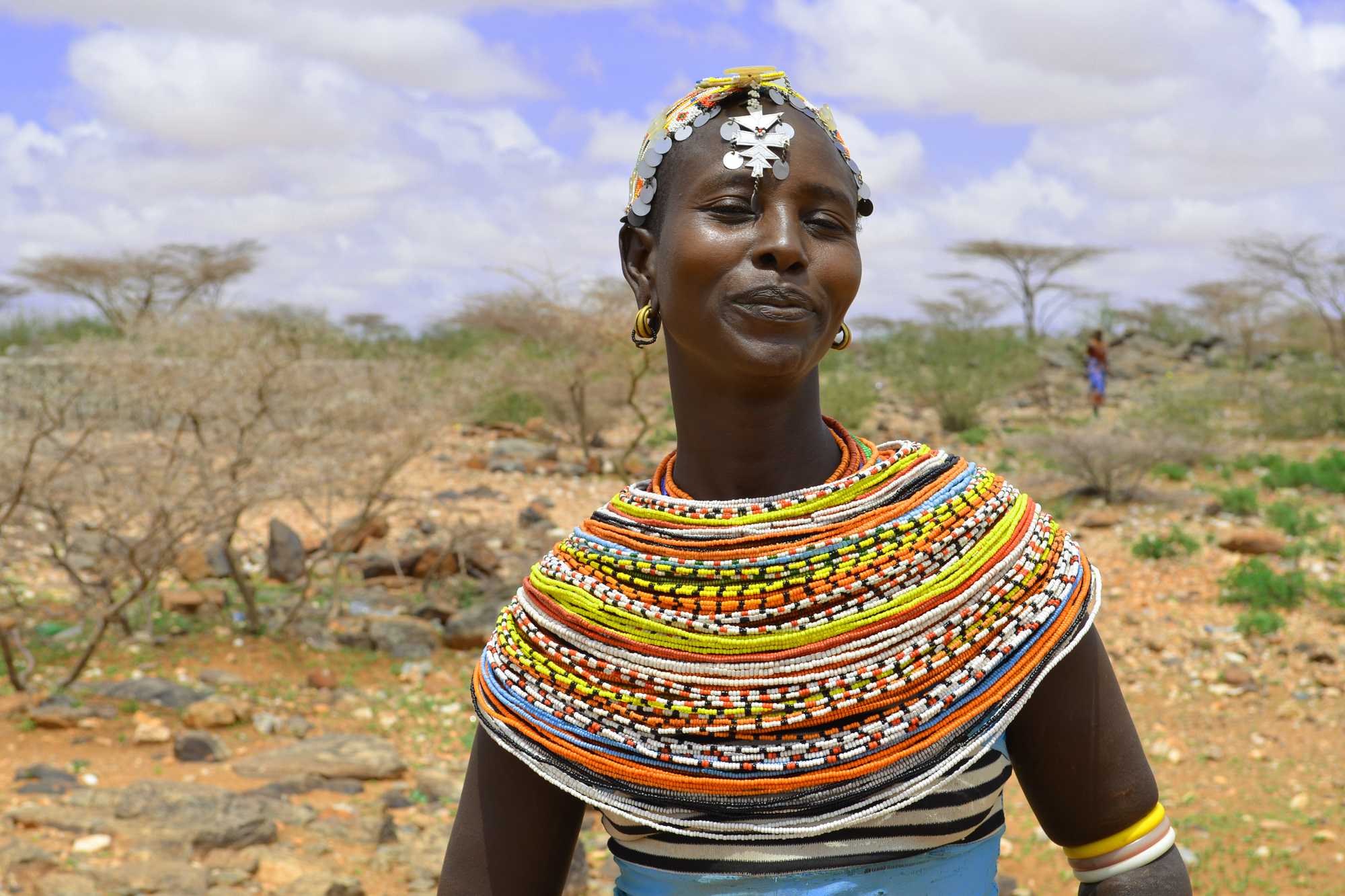- 99The number of years until gender parity is reached, according to the World Economic Forum (WEF).
- 71%The share of the population in Sub-Saharan Africa under 30 years old.
- 70%The share of global food production from smallholder farmers in Latin America, Africa and Asia.
The challenge
The final toll of Covid-19 remains hard to predict. Nonetheless, one thing has remained constant: regardless of a country’s overall wealth, the effects of the pandemic have hit hardest in areas where inequality is greatest. Populations that already face discrimination in terms of government support or access to key services are least able to weather the toll of Covid-19, on health or finances.
Even so, the long-term trend for development has been positive, and despite the current set-backs, will continue to be so. Developing countries account for an increasingly large share of the global economy, with higher rates of growth reducing the gap in income. Demographic shifts also mean an unprecedented surge in young people graduating now and in the next few years. The potential is even greater among parts of the population to whom the public and private sector have historically not given much thought: women, youth, and those in rural areas. New technologies and business models offer a potential revolution in addressing inequality and opening new markets.
Our impact
In the next decade, women, rural and young populations will profoundly reshape their environments.
Equal markets.
Since 2003, responsAbility has focused on investing solely in developing economies. Not only are these markets poorer, but they also attract a much smaller proportion of global investment flows. 100% of our activities are, and will continue to be, aimed at reducing the gap between the developed and developing world.
Equal incomes.
Most of our portfolio companies aim to reduce poverty and improve the quality of life for low-income households. For example, microfinance institutions aim to resolve financial exclusion, a problem primarily affecting the bottom 60% of income-earners in developing markets. Equally, our agricultural portfolio companies primarily source from smallholder farmers with holdings of three hectares or less.
Equal opportunities.
Job creation will be essential to ensure that a demographic surge becomes an asset instead of a source of poverty and unrest. Most of the financial institutions that we finance support small businesses, a key engine for job creation in the developing world. Furthermore, our portfolio companies support thousands of youth customers across emerging markets.
Equal genders.
For a significant proportion of our investee companies, most or all of their customers are women. These women are thus better placed to access their own bank account, start their own business, buy their own property and many other vital services. Continued support will provide long-term benefits to the quality of life of these customers and their households.
Equal regions.
responsAbility tackles high levels of poverty in rural areas by supporting agricultural companies that source from smallholder farmers, employ local workers and protect the local environment. In the long-term, this support will strengthen agricultural value chains, to the benefit of local economies. We also finance companies providing off-grid energy solutions to homes and businesses in remote rural areas with limited or no access to electricity.

